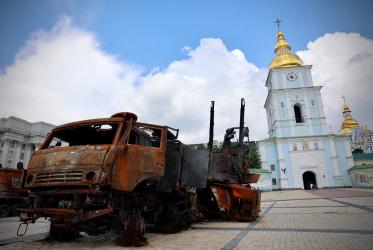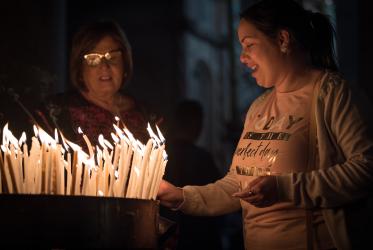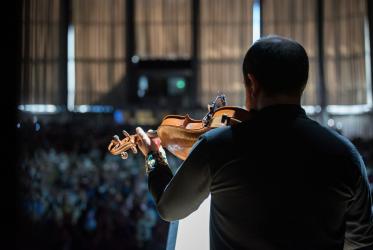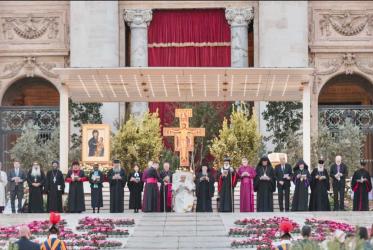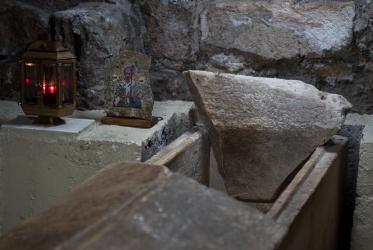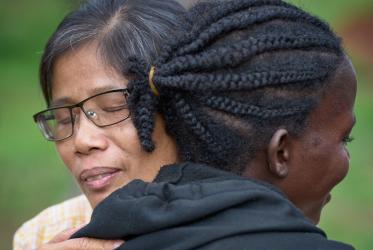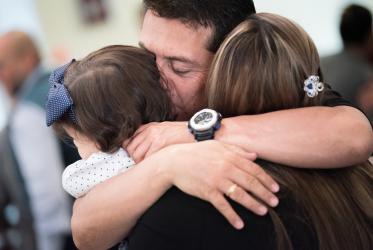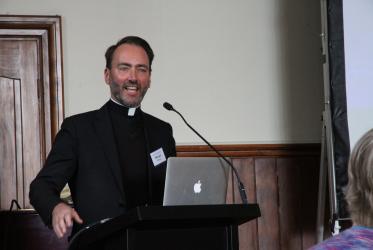Displaying 1 - 20 of 247
23 April 2024
Join in World Day of Prayer prepared by Palestinian women
29 February 2024
“Circle of Prayer” reverberates out from Dover—to the world
21 February 2024
Week of Prayer for Christian Unity opens with array of resources
18 January 2024

